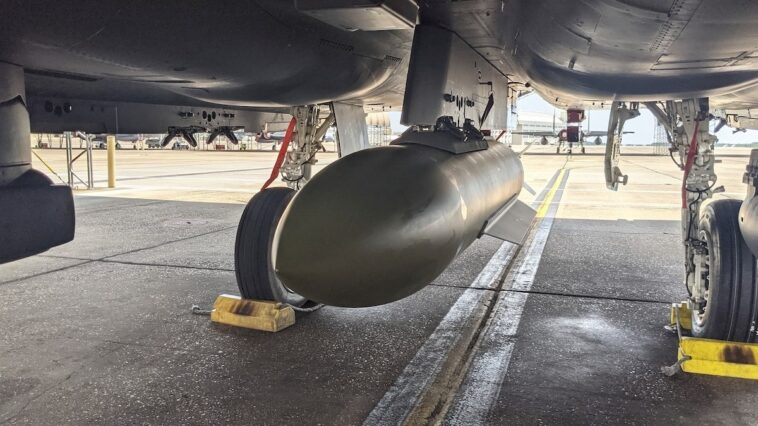JD Vance, the U.S. Vice President, highlighted a strategic shift in American tactics against Iran, emphasizing a focus on hindering Iran’s nuclear program, as opposed to the Iranian state itself. Recent American missions under this directive have been successful in severely crippling Iran’s nuclear ambitions. According to Vance, the U.S. was forced to resort to these actions due to Iranian reluctance in meaningful negotiations. The overarching American objective, he reiterated, was shutting down the nuclear program, not instigating regime change.
Vance revealed that President Donald Trump made the call to initiate the missions at the eleventh hour. Afterward, indirect correspondence from Iran was received by U.S. officials. While parts of the Democratic party deemed this course of action unconstitutional, Vance maintained his stance, referencing the presidential authority in curbing the spread of weapons of mass destruction.
During a press brief on June 22, Vice President Vance made it clear that the U.S. was not in conflict with Iran. Rather, the crux of the contention lied within Iran’s nuclear program. The program, he pointed out, has been significantly delayed thanks to the U.S. operations that were greenlighted by President Trump.
In an overnight operation, the U.S. targeted and neutralized Iran’s primary nuclear facilities with heavy bunker-busting bombs. This initiation marked a critical juncture in Middle Eastern tensions, as the U.S. joined Israel in an escalated campaign against Iran.
Vance expressed himself clearly in an interview about the contentious issue. According to him, ‘Our conflict is with Iran’s nuclear program, not Iran itself. Due to our operations, their nuclear progress has been impeded for an extended period, ensuring it will take years before they can cultivate a nuclear weapon.’
According to Vance, Iran’s dubious behavior during the negotiation process served as the main instigator for the American strikes. Prior to these operations, the U.S. had been engaged in diplomatic dialogues on Tehran’s nuclear program. In response to the strikes, Tehran pledged to uphold its national security, while UN Secretary-General Antonio Guterres expressed deep concern.
Vance cleared up misunderstandings about U.S. objectives, emphasizing, ‘Our goal is not regime change. We aim to put a stop to their nuclear program and then engage in discussions with Iranians about long-term peace and coexistence.’
Trump had the final word, authorizing the strikes just moments before they were enacted. According to Vance, ‘indirect’ signals from Tehran were received in the aftermath. He reiterated the US stance on avoiding ground warfare, expressing no interest in deploying quadrons.
In a statement on Friday, President Trump mentioned an impending decision about the level of direct U.S. involvement in the ongoing Israel-Iran conflict. This war, which can be traced back to Israel’s offensive against Iran on June 13, has caused notable tensions in an already tumultuous region.
Regional volatility has been brewing since Israel’s gazette war in October 2023. Israel, an ally of the U.S. and the only Middle Eastern country suspected of harboring nuclear weapons, justified its actions as preventative measures against a nuclear-armed Iran.
Iran, however, insists its nuclear ambitions are peaceful and is a party to the Nuclear Non-Proliferation Treaty, a commitment that Israel has not mirrored. Meanwhile, Democratic representatives have raised questions about the legality of Trump’s actions, stating that the power to declare war on foreign territories lies within the hands of Congress.
In response to these criticisms, Vance reemphasized the President’s right to act in order to preclude the spread of weapons of mass destruction. He argued that Trump’s actions were well within the scope of his authority.

